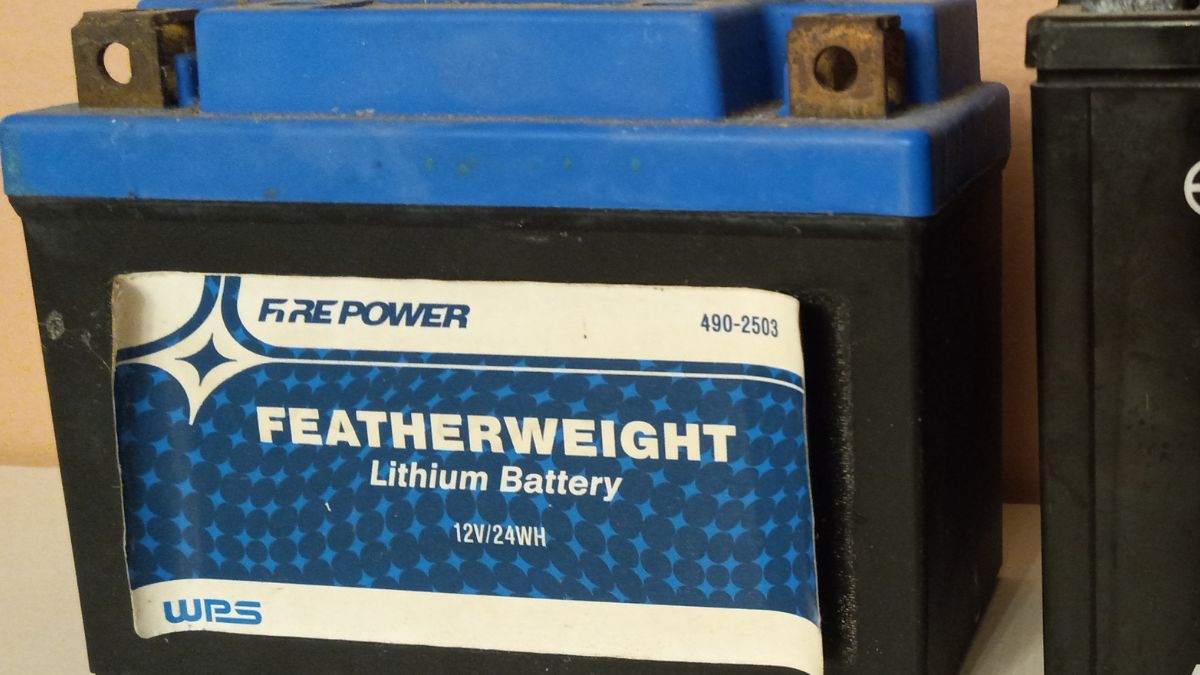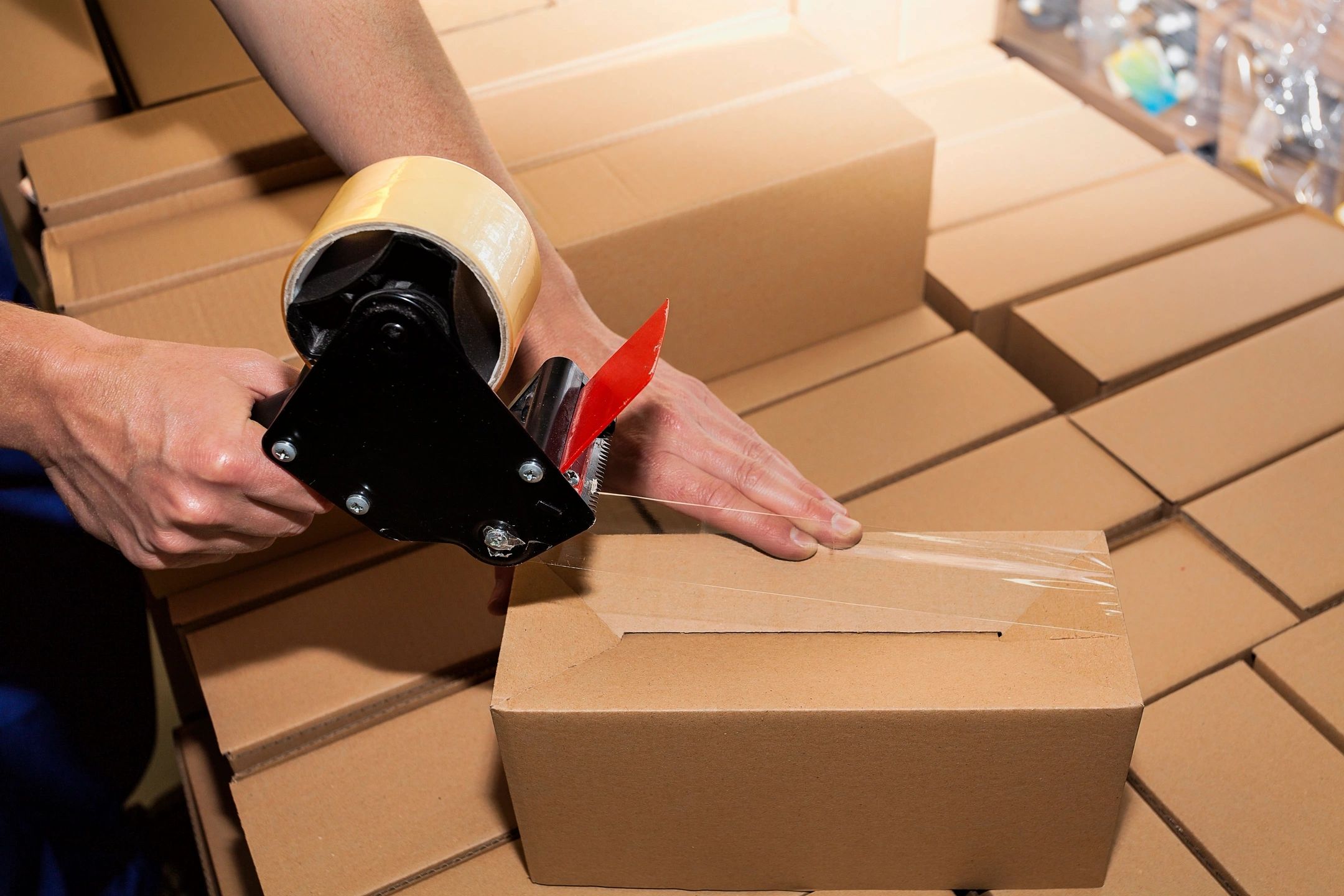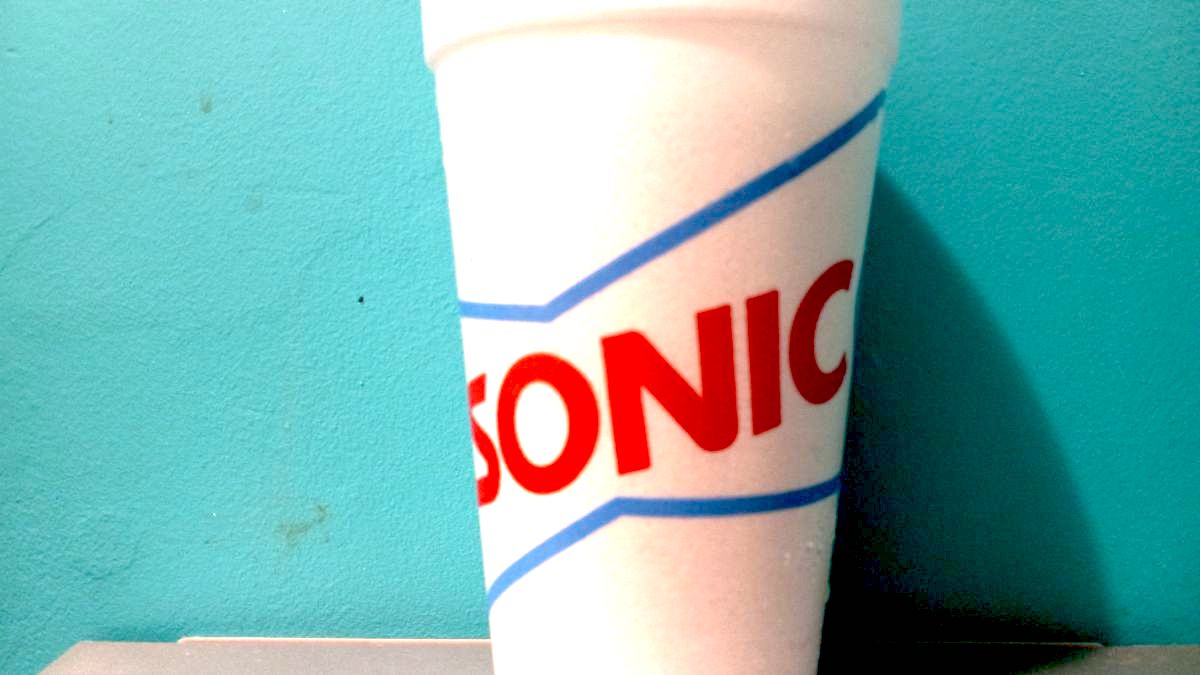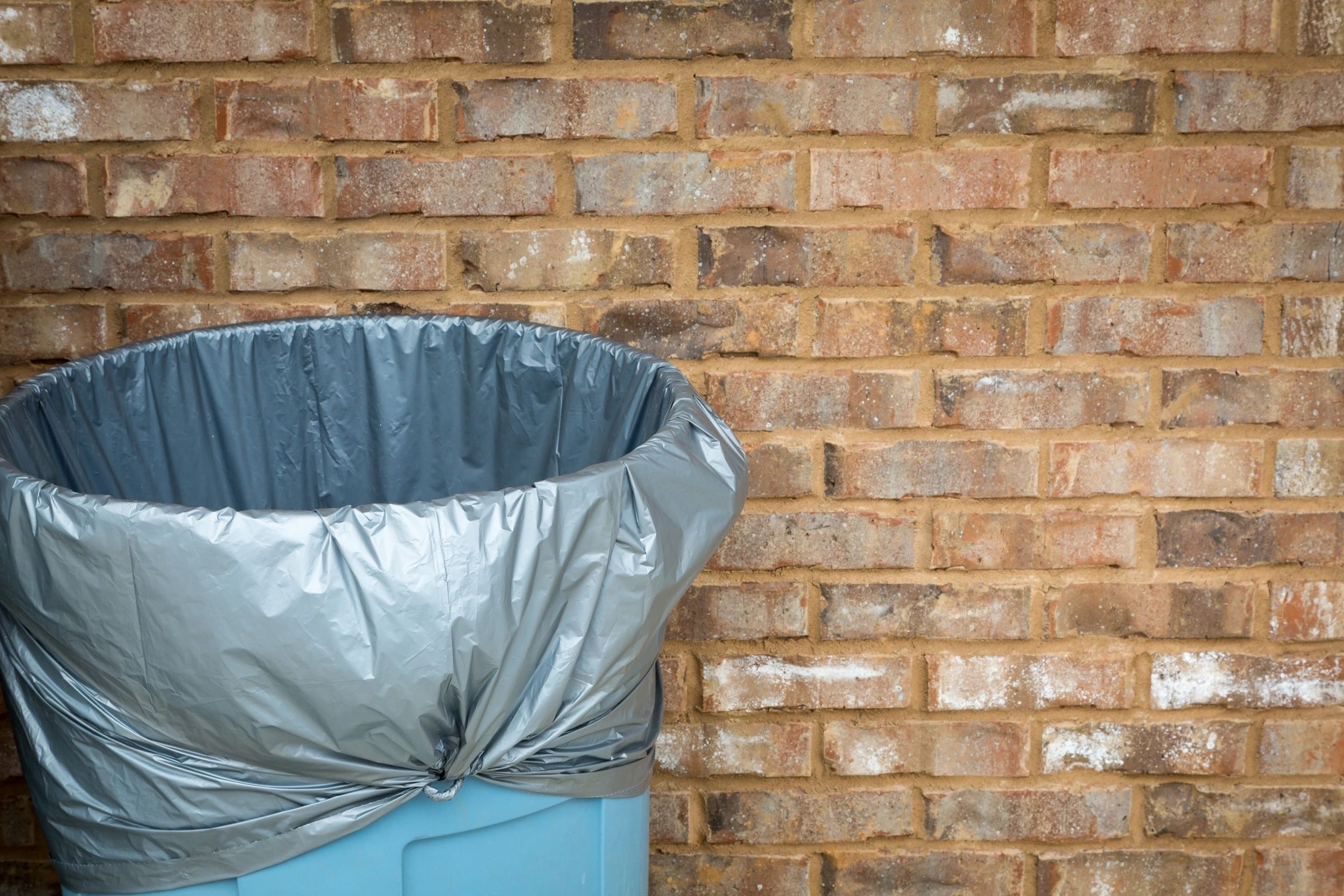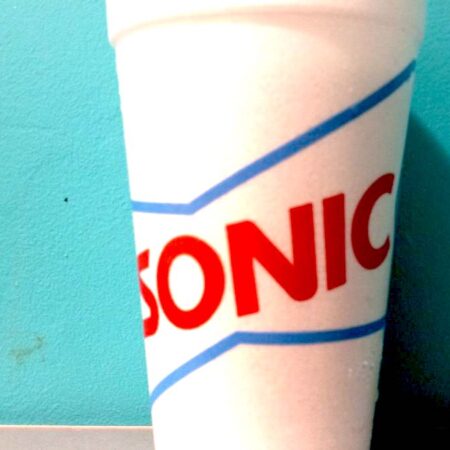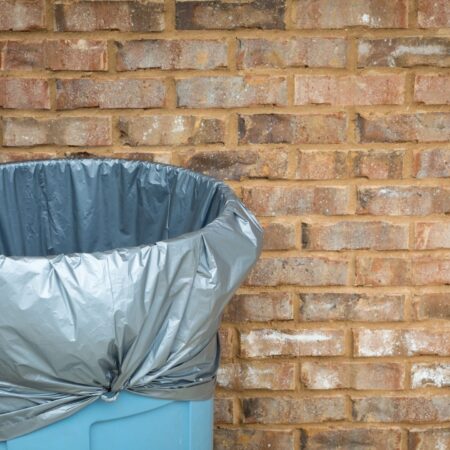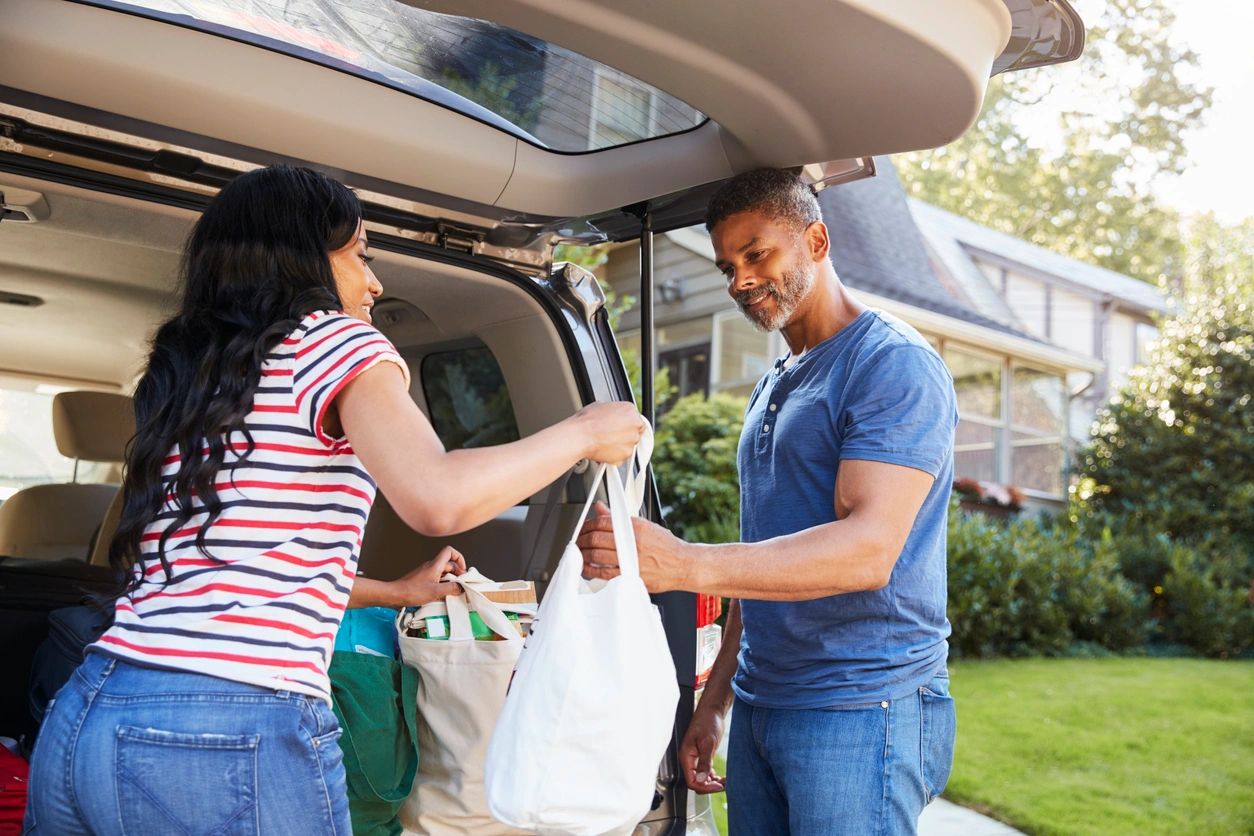Styrofoam is everywhere: from take-out containers and coffee cups to egg cartons and packing peanuts, but is Styrofoam recyclable? Like many plastics, the answer isn’t cut and dry. Styrofoam (or recycling identifier #6) can be recycled, but it’s complicated. Beyond the challenges with recycling Styrofoam, it also has a host of other issues that attribute to it being the most hated plastic out there (and PVC is a close second). In fact, many are calling for Styrofoam to be banned altogether.
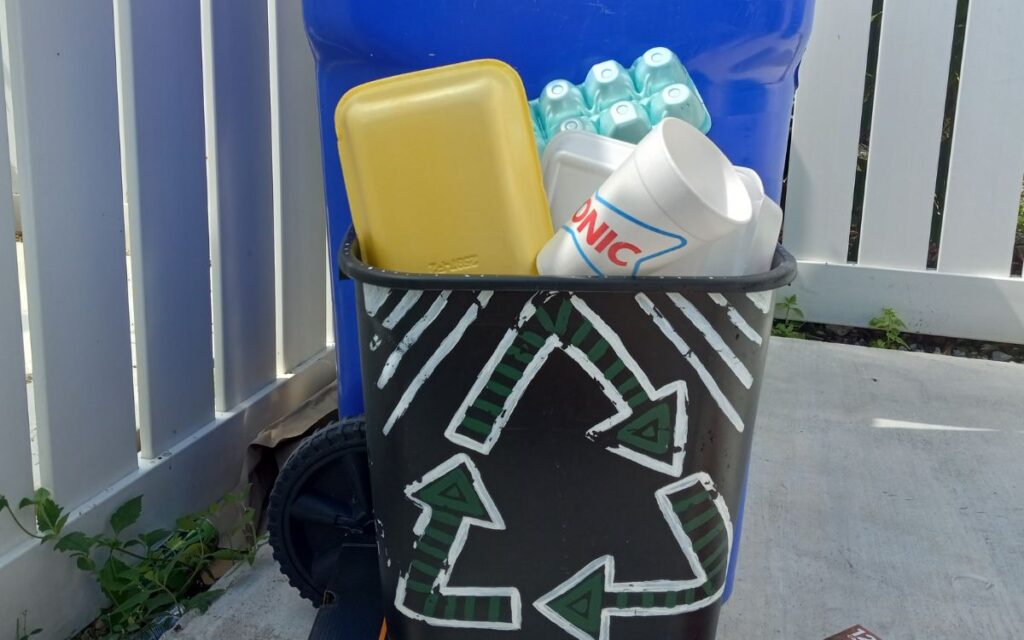
So what is Styrofoam, why is it so bad, and is Styrofoam recyclable? Let’s take a closer look!
What is Styrofoam?
Like Bandaids are to bandages and Popsicles are to ice pops, Styrofoam is a trademarked brand name (and not an actual material) that’s often used to refer to extruded polystyrene foam (known as XPS). This XPS styrofoam material is primarily used for insulation in building construction and was “accidentally” created during WWII by the Dow Chemical Company by Ray McIntire, who was trying to invent a new rubber (although the discovery of polystyrene itself dates back to the 1800s).
What most of us think of as Styrofoam (cups, packing peanuts, etc..) is expanded polystyrene, or EPS, which was trademarked as Styropor by a European company in 1951. (So technically, if we’re going to apply a brand name to it at all, we should all be saying our EPS packing peanuts and egg cartons are Styropor, not Styrofoam). Whatever. As a society, we do a lot of things incorrectly, so, potato, “potahto.” Moving on…
Both XPS (Styrofoam) and EPS (Styropor) are made from polystyrene (a plastic) — but differences in water resistance, and air and moisture permeability are the main differences that set these two apart.
Now that we’ve cleared up the difference between Styrofoam and Styropor, let’s talk about the problems with this useful material, and why it’s become known as “the bad plastic.” Moving forward, I’m going to be referring to EPS (expanded polystyrene) as Styrofoam because that’s usually what the collective is calling egg cartons and cups (even though it’s technically Styropor).
Is Styrofoam Biodegradable?
This is one of the biggest concerns with expanded polystyrene is that it does not go away, so no, EPS is not biodegradable (and neither is XPS). What’s worse, as Styrofoam breaks down and weakens, it leaves tiny pieces everywhere that are detrimental to aquatic life. Have you ever seen someone’s trash get blown over on a windy day, and watched in horror as little pieces fly into the air? Wherever they land, they’ll be there for a very long time, and burning them releases carbon monoxide into the atmosphere.
Is Styrofoam Toxic?
There are concerns that EPS (expanded polystyrene) can leach toxic chemicals from disposable cups, plates, foods, and other items into the environment and also, into people.
To be clear, the Environmental Working Group ranks polystyrene (aka the “PS” in EPS) as the lowest risk for its hazard score (meaning it’s not toxic). However, styrene, which is what EPS is made from, ranks as the highest risk factor, with a host of possible issues including a possible human carcinogen, strong evidence of it as an endocrine (hormone) disruptor, a known human respiratory toxicant, and a slew of other problems.
The question is whether or not toxic styrene is leaching from EPS over time, and a number of studies on food and beverage containers have shown that it does leach styrene. One study found that there was a higher number of styrene leaching in food containers with fatty items (like takeout food), but it’s unclear how much of a risk it poses to human health (at low levels of exposure). This also can leak into the environment through rain and other weather.
Is Styrofoam Recyclable?
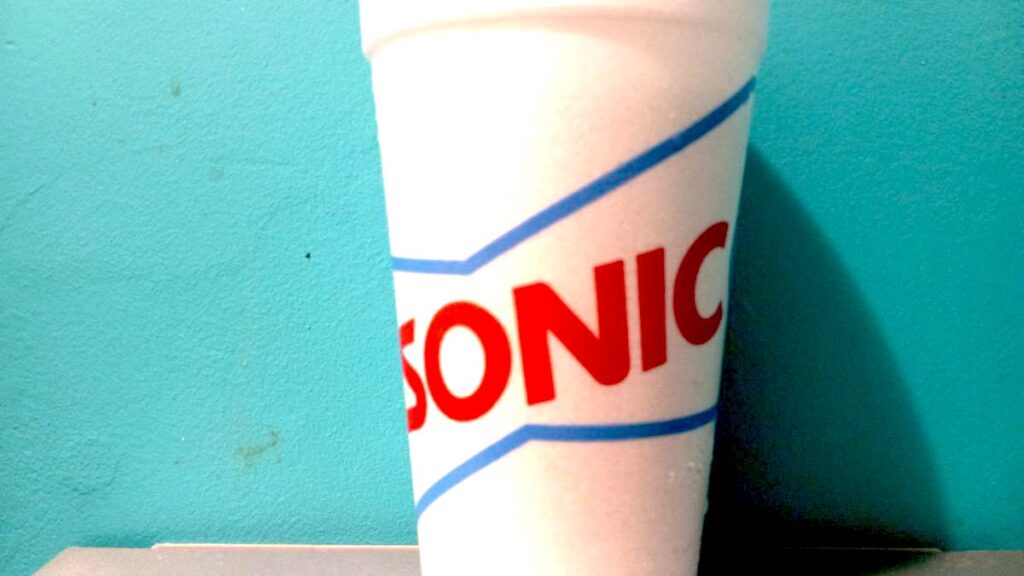
Curbside Recyclable vs. Recyclable
I get frustrated when things are labeled as “recyclable” because most items can technically be recycled – the problem is, how easy is it to do that? I think we associate items being recyclable as being able to go in that little blue bin on the curb. So the real question needs to be: is styrofoam curbside recyclable?
In the majority of places, no, styrofoam cannot be accepted curbside. Waste Management, which services almost every state, does not accept styrofoam to be recycled. That’s not to say that private recycling services don’t accept styrofoam – so it is important to check with the services available in your area.
Is Styrofoam Recyclable at All?
The good news is, Styrofoam can be recycled, the issue is that the infrastructure is not widely available to make it easy on consumers. It will take extra effort to bring Styrofoam to drop-off locations, but it is a viable recycled material that can be used for outdoor furniture, roofing tiles, door and window frames, packing peanuts, and more. However, recycled Styrofoam (like other recycled plastics) can’t be used in food containers.
There are several styrofoam recycling initiatives to encourage more organizations to accept styrofoam both through curbside recycling and at drop-off locations, including several grant programs from the Foam Recycling Coalition.
How to Recycle Styrofoam
Although Styrofoam can’t usually be recycled curbside, you can still recycle it at drop-off locations, and chances are, you’ve seen them before. You can search Styrofoam drop-off locations on the Home For Foam website through the database.
Packing peanuts are recyclable and can be brought back to many shipping centers like Pak Mail.
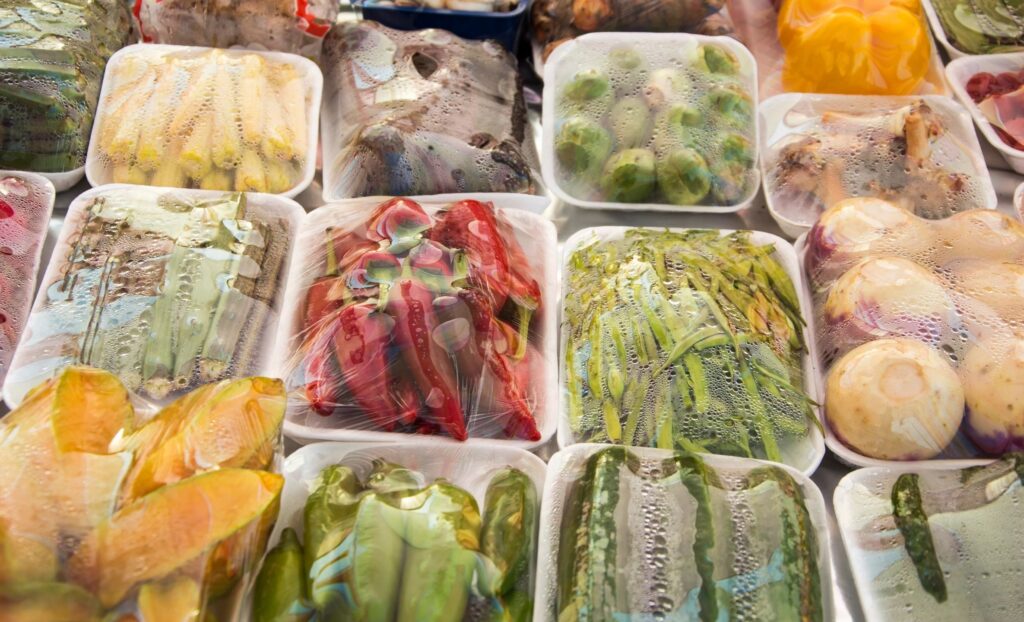
Is Styrofoam Recyclable in Florida?
Most of the state of Florida uses Waste Management, which does not accept Styrofoam for curbside recycling. If your local municipality does not accept Styrofoam, encourage them to visit the Foam Recycling Coalition site for ways to offer Styrofoam recycling in your area.
However, Publix grocery offers Styrofoam drop-offs in the front of most store locations (often along with separate drop-off boxes for plastic film and paper).
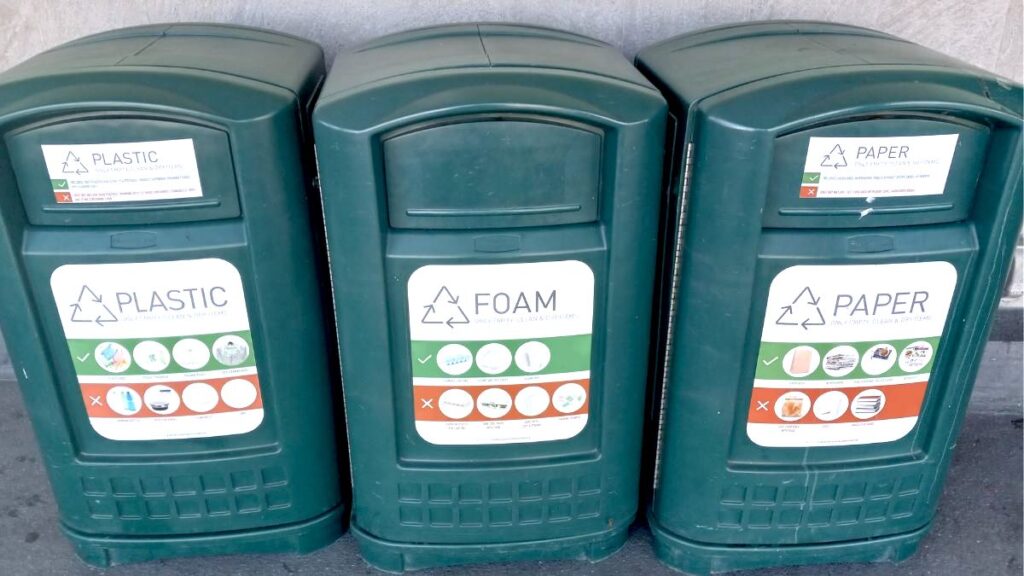
In the Styrofoam drop-off, Publix accepts:
- Foam egg cartons
- Clean foam take-out trays
- Clean cups
- Other clean and dry styrofoam items (like meat trays)
Way to go Publix! According to this great story from the Tampa Bay Times (check it out!), Publix takes the foam (and other recycled materials) to return centers throughout Florida, where they are picked up by recyclers that turn them into building materials and cleaner-burning fuel cubes for power plants. So that’s a little relieving. Take small victories where we can!
If you don’t have a Publix nearby, the other alternative, although an expensive one, is Terracycle’s Zero Waste box, which allows you to ship Styrofoam back to the store. That being said, unless you share the cost with neighbors or secure other forms of funding for the program, it’s not really viable for most consumers. Prices range from $107 to $223 — so you’d be better off avoiding Styrofoam!
Alternatives to Styrofoam
Given the difficulty of recycling Styrofoam, it’s better to avoid Styrofoam products at all. Here are a few easy ways to do so:
- Opt for Reusable Drinking Containers! If your favorite coffee shop uses Styrofoam coffee cups for drinks, bring your own insulated cup and ask them if they’ll fill that instead.
- Bring Your Own “doggie box.” If you’re planning on going out to dinner, bring storage containers with you for leftovers.
- Avoid restaurants that only provide Styrofoam takeout, and tell them why!
- Opt for cardboard egg cartons, or buy fresh eggs from local farms (that accept egg cartons for reuse).
- Make an eco-swap: If you have to use disposable plates and bowls, consider ordering a more eco-conscious option (like bamboo or compostable plates) in advance before your event (since many grocery stores only carry Styrofoam).
- Avoid packing peanuts! Instead, you can recycle other items around the house (magazines, newspapers, or packing from other items you received).
Other Related Recycling Stories You Might Like:
- Is Bubble Wrap Recyclable?
- Games Workshop Begins Recycling Warhammer Sprues
- FlyVines Finds Creative Way to Recycle Fishing Line

